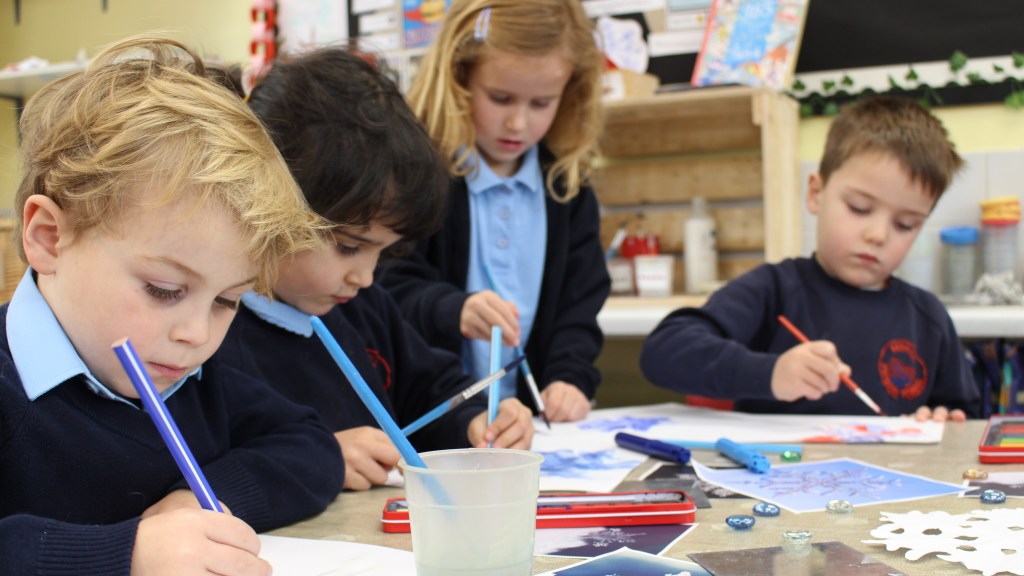Decline in Children’s Fine Motor Skills Raises Concerns
A recent survey of educators indicates that a growing number of children are experiencing difficulties in using scissors and holding pencils, raising concerns about their fine motor skills. This trend is particularly alarming as 77 percent of teachers reported a decline in these skills over the past five years.
The survey, conducted by the art class provider Art-K, reflects the views of teachers from various regions across the country. Many educators expressed worries that students may struggle to engage with creative aspects of the curriculum as a result.
A significant majority, 76 percent, of teachers believe that art education is not sufficiently prioritized in schools. Alarmingly, 18 percent of respondents indicated they do not allocate any time for art instruction in a typical week. Among those who teach art, only 12 percent offer more than an hour of instruction weekly, with just 26 percent of primary educators confident that their students are achieving their artistic potential under the current curriculum.
The survey also revealed that 71 percent of the 560 teachers surveyed recognized a strong link between participation in art activities and improvements in handwriting as well as mathematical problem-solving skills. Furthermore, 81 percent contended that enhancing art education could significantly benefit students’ overall wellbeing.
According to the Arts and Minds campaign, a coalition led by the National Education Union, involvement in arts subjects at the GCSE level has plummeted by 42 percent over the last 15 years.
Additionally, only 44 percent of educators reported having access to adequate resources and training to effectively teach art.
Separate findings from Save the Children highlight that a majority of primary school teachers are skeptical about the government’s ability to achieve its aim of having three-quarters of children start school with a good level of development.
A poll encompassing over 2,500 primary teachers in England revealed that 80 percent do not believe the government will meet its target of 75 percent of children being “school ready” by the year 2028, a goal established by Sir Keir Starmer in December.
The survey by Teacher Tapp conducted in May indicated that 60 percent of educators in state primary schools advocate for increased access to childcare for low-income families as a means to meet this target.
Ruth Talbot, a policy advisor at Save the Children focused on child poverty, stated, “When 80 percent of teachers express concern that the UK government won’t achieve its school readiness target, it’s clear that ministers must take action to address this issue.
“Affordable quality childcare is essential for preparing children for their initial school years, yet it has remained out of reach for many. This situation has allowed issues of poverty to persist, and schools are now facing the combined effects of these challenges. It’s crucial for the UK government to take meaningful steps to prevent a rise in poverty and ensure better outcomes for children.”




Post Comment